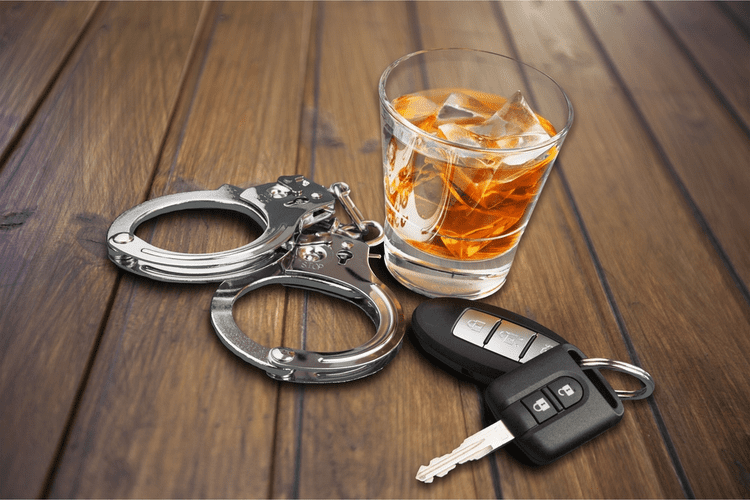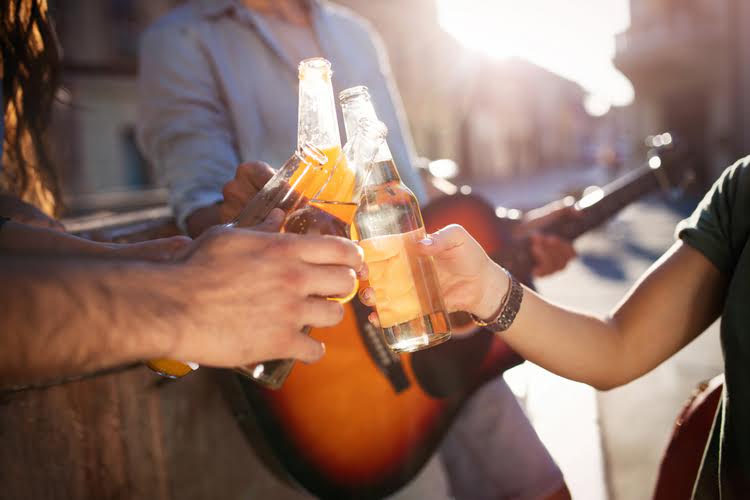In Blackout, Sarah clearly explains why there’s nothing benign about it and describes what is actually happening to the brain when we reach that point of alcohol-induced amnesia. I love her perspective on drinking as an act of counter-feminism—that in reality it actually dismantles our power, our pride, and our dignity as women, though we intended the opposite. Beck is a loving husband, father, and respected business owner who drinks two bottles of wine a night. Unwilling to call himself an alcoholic, he tries everything to curb his drinking without success. Determined to get clean, Beck develops a unique approach to sobriety that changes the trajectory of his life.
by Leslie Jamison

But the truth is, whatever the book does for people was never intentional.” Her initial motivation was only to write it. A brilliant, nuanced study in desire, self-actualization, and recovery, Melissa Febos’s debut focuses on her time as a dominatrix in NYC while studying at The New School and battling a heroin addiction. One of the things I admire most about Febos is her generosity, the palpable love with which she writes about herself, her gentle self-awareness. Here is a beloved daughter from a supportive home, a talented student. With measured curiosity, she challenges the notion that a woman like that can’t abandon herself and others, that she can’t be a sex worker, that she can’t be an addict, that any of these is guaranteed to beget the other. This is one of the most compelling books on recovery and humanity ever written.
“Quit Like a Woman: The Radical Choice to Not Drink in a Culture Obsessed with Alcohol”
When I first read this book over ten years ago it felt like I was reading my own journal (if my journal was written in incredibly eloquent prose). I almost wanted to snap it shut, but instead finished it in one day and have read it at least three more times since. Knapp so perfectly describes the emotional landscape of addiction, and as a literary study https://ecosoberhouse.com/ it’s as perfect a memoir as I’ve ever read.
“God and Starbucks: An NBA Superstar’s Journey Through Addiction and Recovery”

This book reads like a conversation, and teaches us to get curious. Gilbert helps us understand the noisy voice in our head, which can often be our greatest critic. She offers generous vulnerability in her lessons and encourages you to find your gift within. A life of recovery is an awakened life of purpose, service, and meaning.
- His first full-length memoir follows him from a seemingly endless rock bottom to a passion for running that leads him out of a life of self-destruction and chaos.
- The Sober Diaries is one of the best books in the quit lit category.
- With unflinching honesty, Walls shares the challenges and moments of love and tenderness that characterized her unconventional childhood.
- “Sobriety often felt like gripping onto monkey bars with sweaty metallic palms,” she writes, describing how it was to quit drinking again after a relapse.
The Revolution of Birdie Randolph is a beautiful look at the effects of alcoholism on friends and family members in the touching way only Brandy Colbert can master. Cupcake Brown was 11 when she was orphaned and placed into foster care. She grew up with a tragic journey, running away and becoming exposed to alcohol, drugs, and sex at a young age, and leaning on those vices to get by.
Xanax Abuse: Warning Signs & Symptoms Of Xanax Addiction And Abuse
Plus, it’s sure to impress your guests at your next dinner party. I am not sure I’d be sober today if it weren’t for Tired of Thinking About Drinking. Belle’s consistent messaging on our faulty thinking led to a major mindset shift for me.
- The journey through addiction to recovery is a deeply personal experience, with no two people going though the same process to reach sobriety.
- Burroughs talks about being hooked on “Bewitched” as a child, a show that exhibited an alcoholic husband among other things.
- Identifying with accomplished writers whose creativity seemed to thrive in a haze of intoxication, she fell further into the depths of alcoholism before hitting rock bottom.
In her early 20s, writer Jamison (The Empathy Exams) Substance abuse started drinking daily to ease her chronic shyness and deal with the stress of getting her master’s degree at the Iowa Writers’ Workshop. Identifying with accomplished writers whose creativity seemed to thrive in a haze of intoxication, she fell further into the depths of alcoholism before hitting rock bottom. After failed attempts at sobriety, she found a combination of treatments—attending meetings, sharing her story and the 12-step AA program—that worked for her. Despite being published less than a year ago, Jamison’s memoir is a gritty and honest must-read.

I very consciously looked to Karr for inspiration in how to write candidly yet lovingly about an imperfect family. I learned a lot from Clegg—or I hope I did—about how to convey the terrifying experience of a runaway binge. I tried to be as brutally unsparing of my faults as both those writers. I’d like to think Jerry Stahl’s Permanent Midnight influenced me, too, particularly by encouraging me to try and be harrowing and funny at once. Whereas my progress was from religion to addiction, Mary Karr’s best books for addiction recovery was the other way around.
If I have any faith now, it’s in literature’s ability to help us redeem even life’s darkest realities by bringing them into the light. But Ditlevsen’s single conventional moment also, I think, underlines her originality. The result was a tale whose bracing darkness is ultimately redeemed not by its perfunctorily hopeful ending but by the extraordinary force and beauty of its telling. Have you noticed that our world is increasingly obsessed with drinking? Work events, brunch, baby showers, book club, hair salons—the list of where to find booze is endless. Holly Whitaker, in her own path to recovery, discovered the insidious ways the alcohol industry targets women and the patriarchal methods of recovery.
Laisser un commentaire